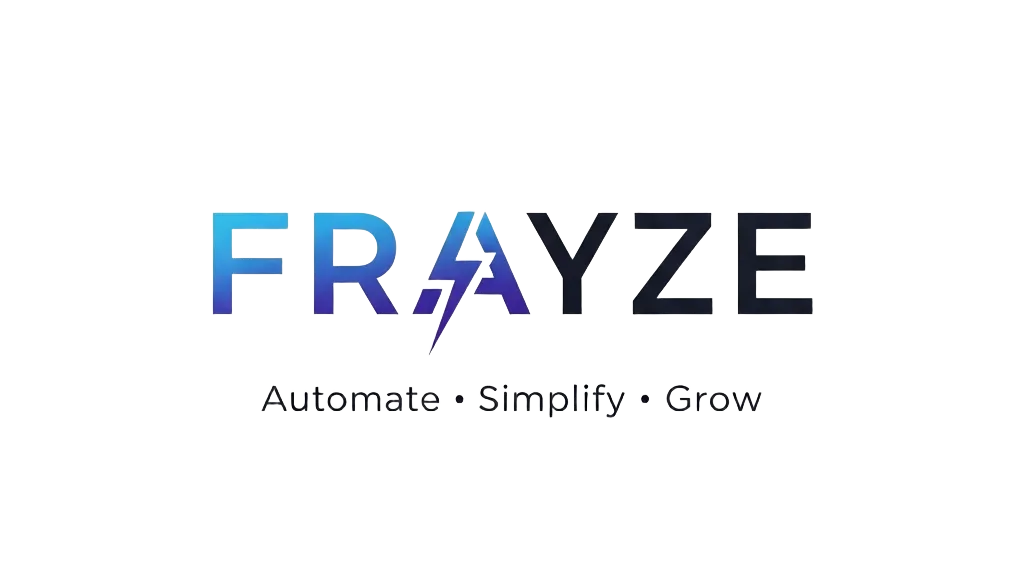- Home
- Pricing
Choose the Right Level of Infrastructure
Every business needs systems. The question is how much infrastructure you need right now.
Note: If you’re not sure which tier fits yet — that’s normal. Each tier includes a strategy session to confirm scope before anything is built.
Not sure where to start?
The 7-Day Website Launch Program is the fastest, simplest entry point. Establish your digital presence before diving into complex Growth Systems.
Limited to 4 builds per month.
You move up the ladder as volume increases
Just Starting Out?
If you’re launching a new business and want to build things correctly from day one, we offer a Startup Foundation designed to prevent expensive rebuilds later.
*Startup pricing is limited to early-stage businesses and is not designed for scaling or lead generation.
Built for Long-Term Partnership
No Contracts
We earn your business every month.
No Forced Upgrades
Move up only when you're ready.
Optional Self Serve upgrades
Add more users or features anytime.
Built to Last
Infrastructure you own forever.
Common Questions
Everything you need to know about getting started with Frayze.
Let’s Architect the Right System
Every engagement starts with a strategy session to assess volume, identify bottlenecks, and confirm the right tier.
Book Strategy Session